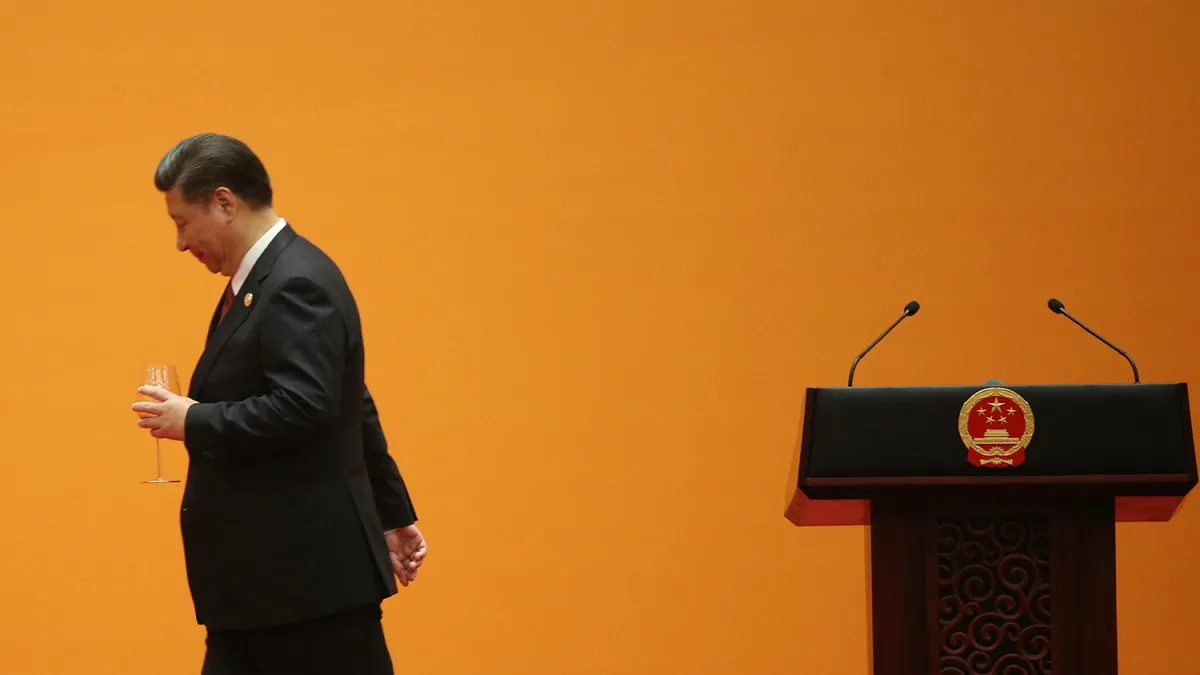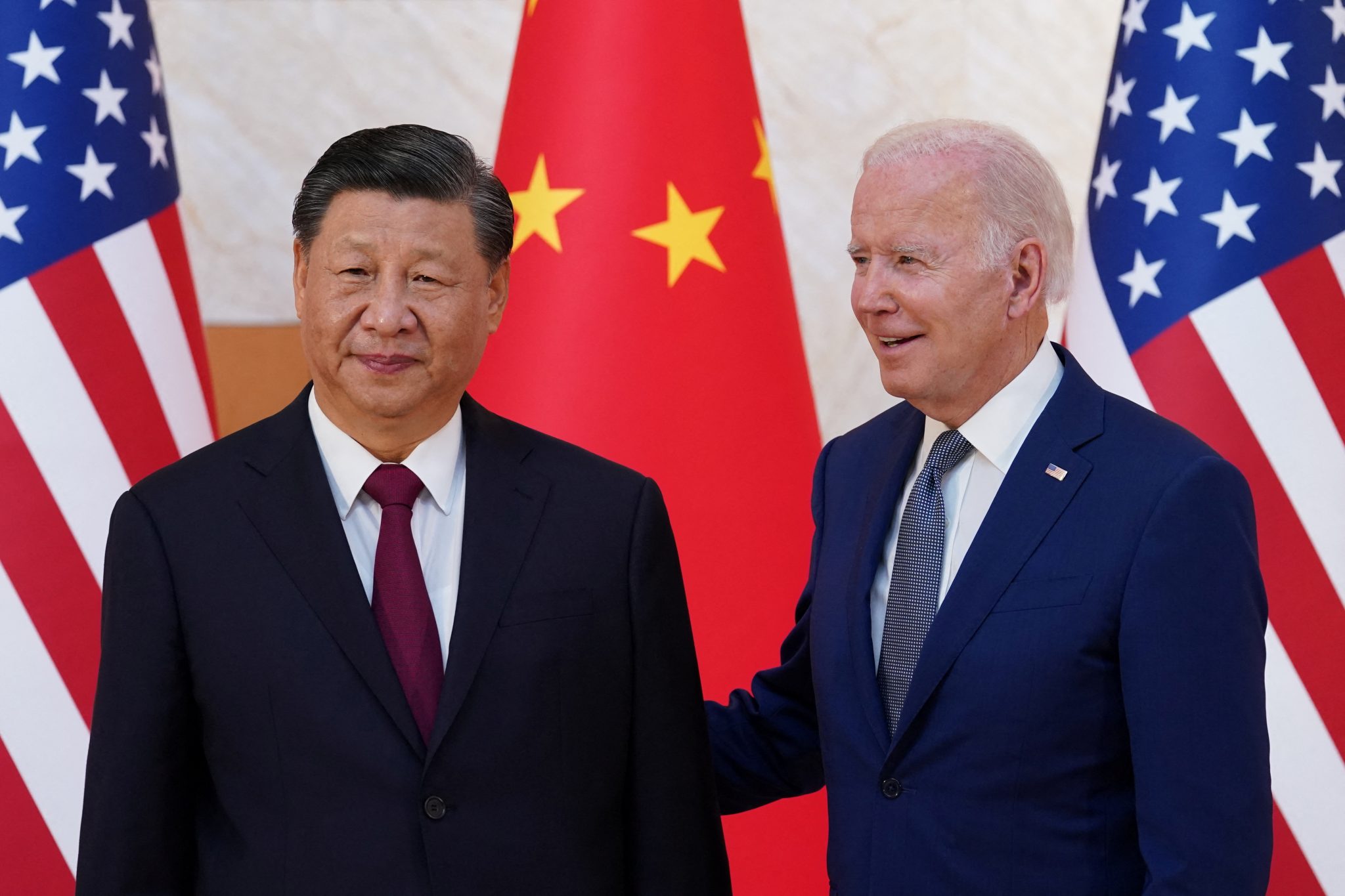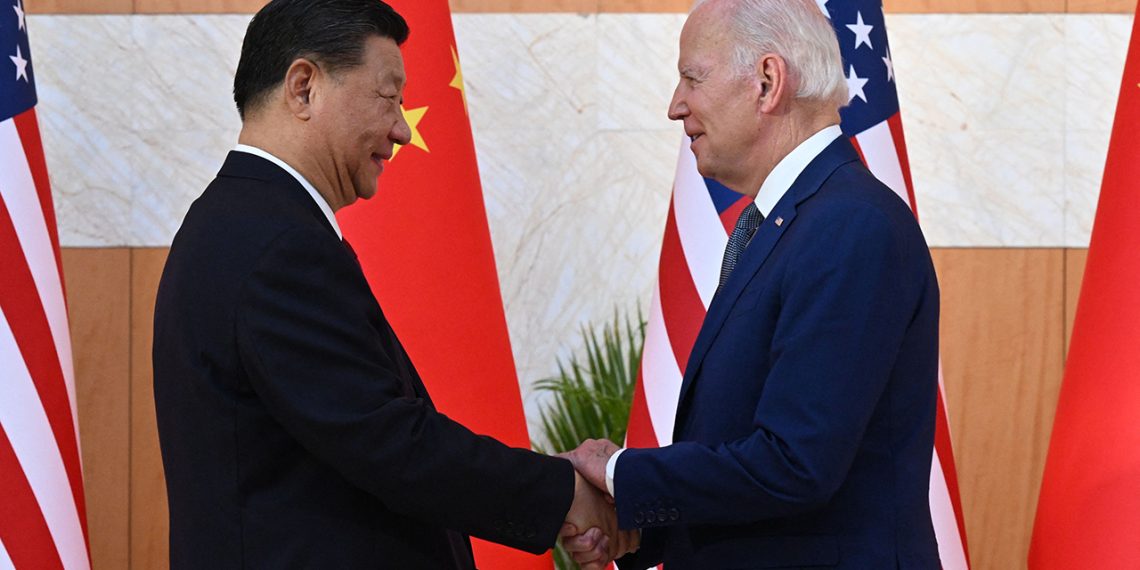The Biden administration unveiled its budget request for the 2025 fiscal year, emphasizing the need to compete with China on multiple fronts. Deputy Secretary of State Rich Verma highlighted the importance of employing all available tools to outcompete China, particularly in countering its influence through infrastructure funding.
The budget includes $4 billion in mandatory funding over five years, with $2 billion allocated to establishing a new international infrastructure fund.
This fund aims to provide a credible alternative to China’s infrastructure financing, addressing concerns about the dependency of developing countries on Chinese investments.

Additionally, $2 billion will be dedicated to “game-changing investments” aimed at assisting Indo-Pacific countries in resisting predatory efforts. These investments will focus on improving governance, strengthening the rule of law, and supporting transformative infrastructure projects.
The State Department also requested $4 billion in discretionary funding for foreign assistance and diplomatic engagement in the region.
The move comes in response to China’s extensive Belt and Road Initiative, which has significantly overshadowed U.S. efforts in funding infrastructure development in developing countries. Chinese financial institutions have lent over $1.34 trillion to developing nations since 2000, posing a challenge to U.S. influence in the region.
Verma emphasized the importance of strategic investment to compete effectively with China, both domestically and internationally. The proposed infrastructure fund aims to support high-quality, sustainable projects that will contribute to the economic development and stability of partner countries.
Additionally, initiatives like the Partnership for Global Infrastructure and Investment seek to accelerate investments in key infrastructure projects, aligning with like-minded partners to counter China’s influence.

While China’s financing has garnered support in some regions, concerns about debt sustainability and dependency have raised alarms among recipient countries and Western nations alike.
The U.S. aims to provide an alternative that prioritizes transparency, sustainability, and mutual benefit, countering China’s influence while advancing its own strategic interests.





